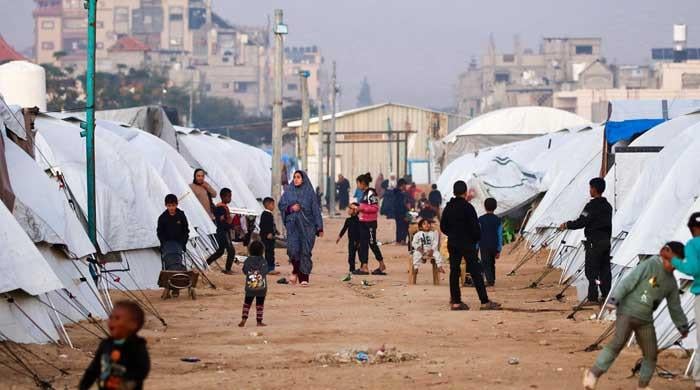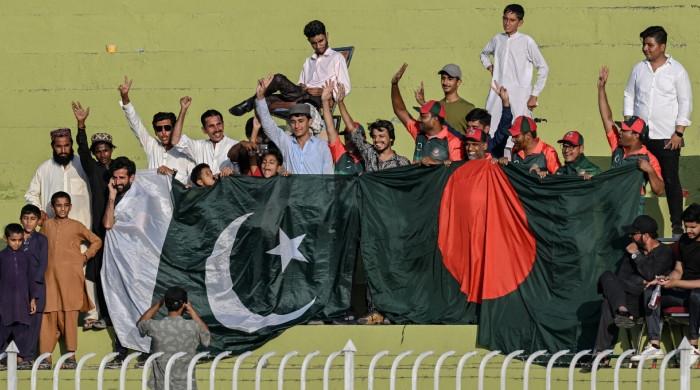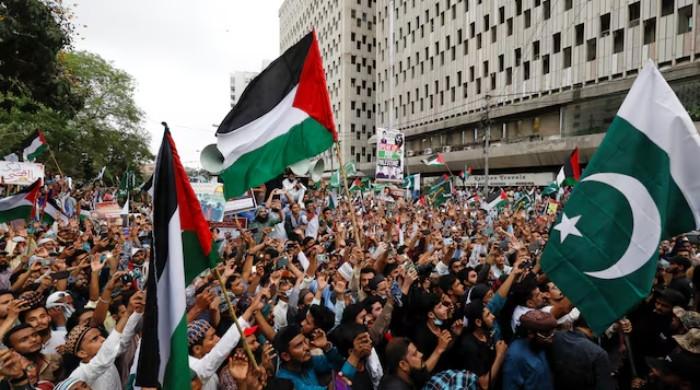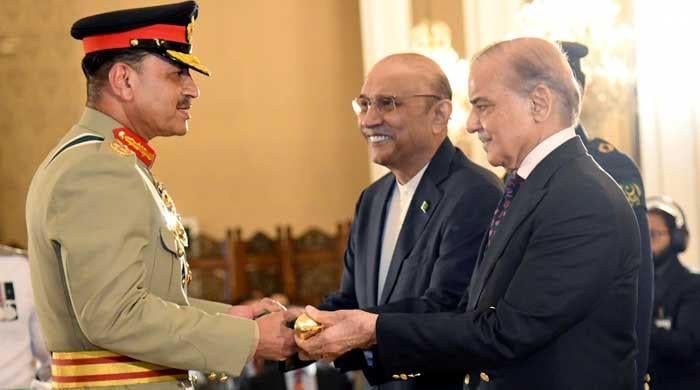Why 'neutrals' have an outsized role in Pakistani politics
Pakistan is at a crossroads; it has had experiments, which failed to establish a democratic and tolerant society based on equality
July 04, 2022
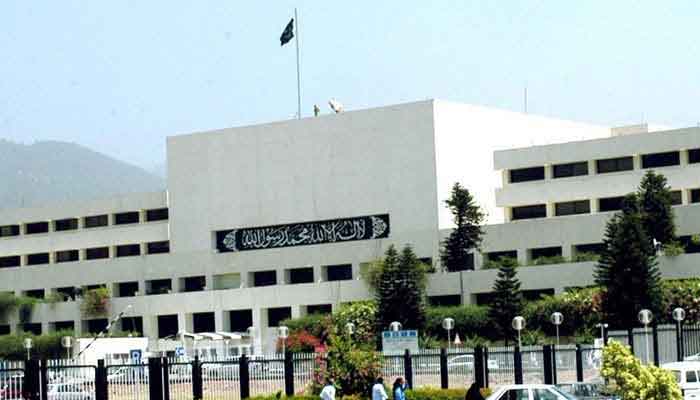
Pakistan is at a crossroads. In fact, we have hardly had any system in place for the last 75 years. Instead, what we have had were experiments, which failed to establish a democratic and tolerant society based on equality, in accordance with the vision of the founder of the nation, Mohammad Ali Jinnah.
There are multiple reasons for these failures. But one reason that stands out is the direct or indirect military rule Pakistan has experienced since its creation.
Pakistan was supposed to be a welfare democratic state but instead it has turned into a security state. This means that we ended up ignoring our basic priorities such as population control, education, health, clean water and economic stability.
Today, despite being a nuclear power we are on the verge of an economic collapse.
There is no doubt that the first 11 years of Pakistan from 1947 to 1958 were a disaster, led by political infighting and distrust between the leaders of West Pakistan and East Pakistan, followed by attempts to destabilise the system by the civil and military bureaucracy, which included the likes of Ghulam Mohammad, Iskandar Mirza, Mohammad Ali Bogra and Field Marshal Ayub Khan.
In the process, the true democrats namely, Huseyn Shaheed Suhrawardy and Khawaja Nazimuddin were removed.
For me, personally, the original sin against a united Pakistan was the imposition of One Unit on October 14, 1955, in a bid to undermine the rule of the majority in the country i.e. East Pakistan.
This was followed by not respecting the mandate given to East Pakistan. The makers of the 1956 Constitution tried to keep Bengalis out of mainstream politics. Thus, in the elections of the National Assembly, the one-man one-vote formula was not adopted and the National Assembly was dissolved.
To further make matters worse, Ayub Khan was made the defence minister, who later imposed Martial Law in 1958.
The appointment of the sitting army chief as defence minister was a fundamental mistake, as it gave the army a role in politics, the late Lt. General Hamid Gul, the former intelligence chief, once told me.
That also marked the beginning of the role of the ‘neutrals’ in political matters.
In the following years, a large number of politicians were disqualified under draconian laws such as the Public and Representatives Offices (Disqualification) Act (PRODA), and later the Public Offices (Disqualification) Order 1959 (PODA) and the Elective Bodies (Disqualification) Order 1959 (EBDO).
Thereafter, Pakistan never returned to political normalcy and instead witnessed several martial laws and periods of controlled democracy.
At the time of Ayub Khan’s dictatorial rule, Fatima Jinnah challenged him and became a rare ray of hope for the country. But her defeat in a controversial election was perhaps the last nail in the coffin of a united Pakistan.
Later in the 70s Zulfiqar Ali Bhutto emerged. He was Pakistan’s most charismatic and popular politician, who, it must be noted, was also a product of the ‘neutrals’. But in that he had no choice. At the time, for the young barrister that was the only system to enter politics.
In his four-year rule as prime minister, Bhutto tried to reduce the role of the ‘neutrals’ but then committed perhaps the biggest political mistake when, in a bid to suppress his political opponents, he through a letter created a political cell in the premier Inter-Services Intelligence. It legitimized the role of "neutrals."
He then became the victim of his own creation. In 1977, General Zia ul Haq, whom Bhutto appointed as army chief, dismissed his government and had Bhutto executed.
With the passage of time, the ‘neutrals’ with the backing of superior judiciary legitimised their un-constitutional rule. While, all the civilian governments installed from 1985 to 2018 clearly showed how "neutrals" operated and allegedly manipulated Pakistan’s political direction.
In fact, the interference of 'neutrals' in the general polls in the 90s is now a matter of history. No wonder the Asghar Khan case has not been able to reach its logical end.
Today, former prime minister Imran Khan is accusing the United States and 'neutrals' of helping to overthrow his government. Even though the "neutrals" have denied it.
Yet, it has been suggested that Khan lost the confidence of the powerful establishment after the controversy over the appointment of a new intelligence chief last year. Whether this is a misconception or a reality, the role of the ‘neutrals’ remains a major talking point in the media and in politics.
Pakistanis respect the armed forces as an institution, and trust it to protect the country’s borders from external threats. But they have no role in politics.
Mazhar Abbas is a journalist, columnist and analyst of GEO, The News and Jang. He tweets @MazharAbbasGEO






